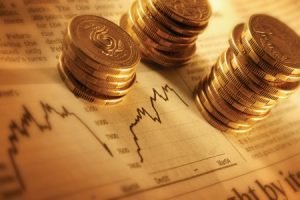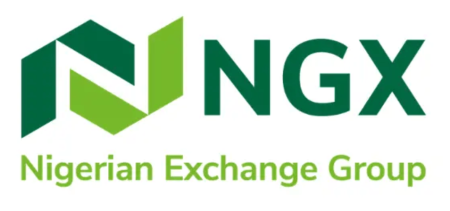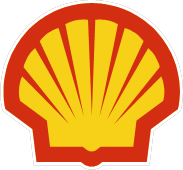
Abuja — Nigeria’s double-digit inflation climbed in April to 16.82%, rising for a third straight month, the statistics office said, a reading that could prompt a central bank rate hike next week and further squeeze companies already struggling with high costs.
Muhammad Abba, a small bakery owner in Abuja, said she cut nearly half of her workforce to seven due to lower margins as input costs soared since this year.
“Our overheads are getting higher,” she told Reuters by phone.
Inflation, which has been in double digits since 2016, rose by 0.9 percentage points from 15.92% in March, as prices for food and non-food items rise in Africa’s biggest economy, the National Bureau of Statistics said on Monday.
Spillover from higher global agricultural prices on the back of the Ukraine war could worsen inflation, coupled with the continued slide of the naira on the black market, Virag Forizs, emerging markets economist at Capital Economics, wrote in a note.
Nigeria imports many key goods and services. Authorities have linked persistent inflationary pressure to structural deficits and not solely to the money supply and introduced restrictions to deal with dollar shortages.
Food price inflation, the major headline component, increased by 1.17 percentage points in April to 18.37%, said the statistics office.
The uptick in inflation could pile pressure on the central bank to reconsider its dovish stance at a rates-setting meeting next week on Tuesday. Four out of 10 rate-setters in March voted to raise rates to curb inflation.
“Pressure to tighten monetary policy is mounting but we think that MPC members will stick to their guns and keep interest rates on hold over the coming months,” Forizs said.
*Chijioke Ohuocha, MacDonald Dzirutwe; Editing: Toby Chopra & Emelia Sithole-Matarise – Reuters
Follow us on twitter



